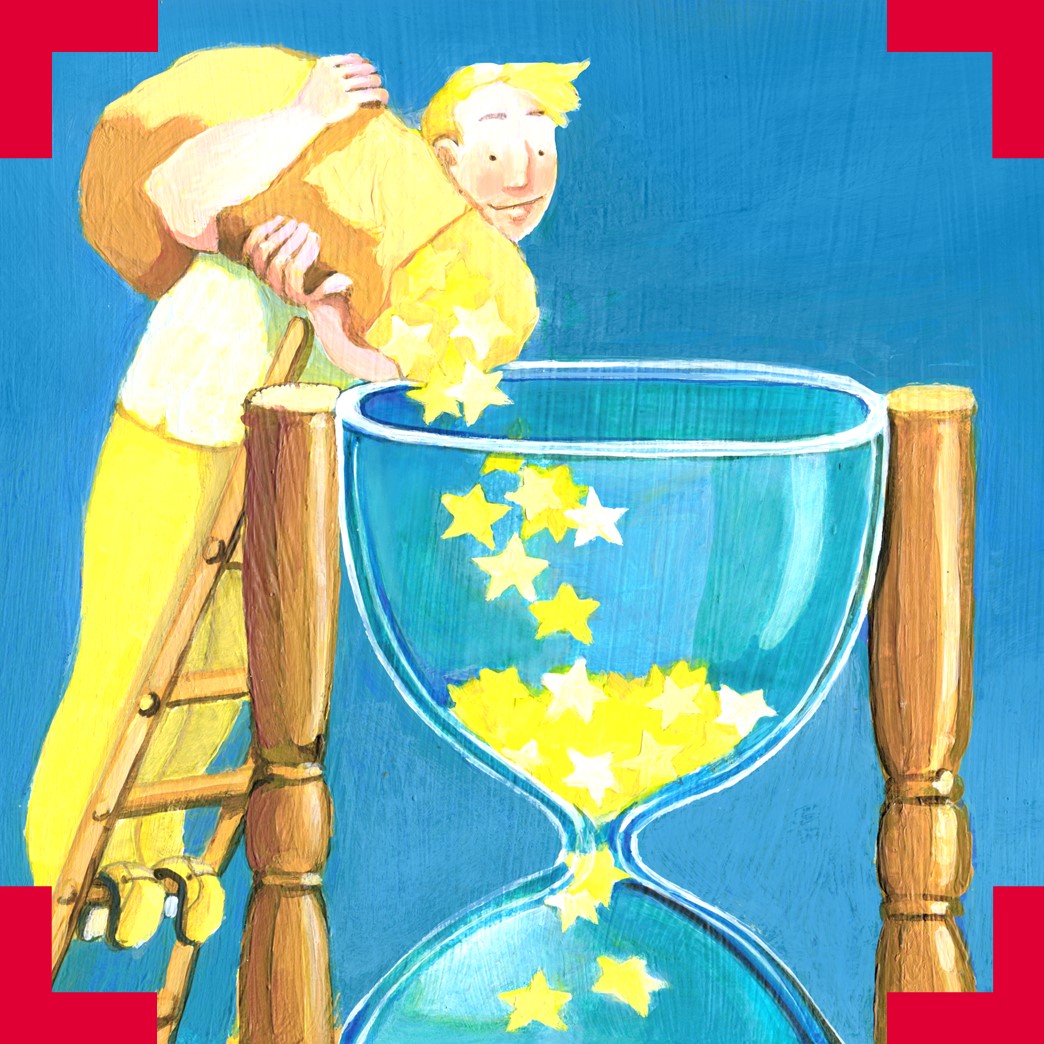Educating the Temporal Imagination
How we think about time - and use time to think with – matters. This ‘temporal imagination’ shapes our understanding of the world, how it might change and influences what we value. What would an educational approach to time look like?

How we think about time – and use time to think with – matters for living well. It matters for our understanding of how the world works and for our perceptions of how and whether it might change. These temporal frames – what we might call the temporal imagination – shape our understanding of the world. They influence who and what we value and tell us a story about our relationship to other people, species, and times. Temporal frames are also at the heart of many contemporary challenges – from Brexit (‘take back control’) to Climate Change (which generations matter? how far ahead should we think and plan?) as well as to longstanding questions of, for example, racial justice (should historical injustices be recognised as alive in the present?).
Despite the significance of how we think about time for our relationship with social and cultural problems, there is little in the way of educational practice to support individuals or society to reflect upon, explore and understand the temporal frames with which they operate. While there is an education in history, a more expansive conception of what it means to live in time is scattered across disciplines, treated as tacit or implicit knowledge, or suppressed in the day-to-day hidden curriculum. There is no sustained interdisciplinary approach to teaching about or with time.
What did the project involve?
The project sought to explore and develop a set of material practices that support individuals and groups to:
- sense and feel time passing in various rhythms and tempos;
- explore deep time;
- encounter and work with complex time;
- engage with the temporalities of other individuals and groups;
- apply these experiences of diverse temporal frames to ‘contemporary’ social and political questions.
To achieve this, the research team experimented together as a means of bringing together their resources, tools and material practices that might support the teaching of the temporal imagination in formal education and policy settings. The workshops were part experimental hands-on practice, part the sharing of different conceptual frameworks, and part the development of a new vocabulary for temporal pedagogy. The activity concluded with a public seminar sharing the work in progress.
This project brought together expertise in education, futures and anticipation theory; artistic practice related to the materialisation of time and duration; and pedagogic expertise in the area of creative imaginative inquiry.
Who are the team and what do they bring?
- Keri Facer (Education, University of Bristol) works in educational and social futures, and has lead public engagement work relating to climate change. She has a strong understanding of the disadvantages of current approaches to science-led climate change communication and is keen to explore more foundational social and cultural concepts that can support new ways of living well.
- Solveig Settemsdal (Independent artist) has a practice that moves through the mediums of sculpture, drawing, video, sound and photography. She is fascinated by the mutability of object and medium, and our indescribable and often impossible relationship to our environment.
- Penny Hay (House of Imagination and Forest of Imagination) focuses on children’s and young people’s creative and critical thinking. They use action research to plan and deliver innovative programmes that enable children to shape their lives through creative activity and schools to change their practices.
What were the results?
Beyond developing practices and research connections. The project resulted in a talk given by Keri Facer as the keynote speaker for “The University and the Social Imagination” at the Centre for Global Higher Education. The abstract for ‘The University and the Social Imagination’ is open access and a video of Keri Facer’s talk can be viewed below:

